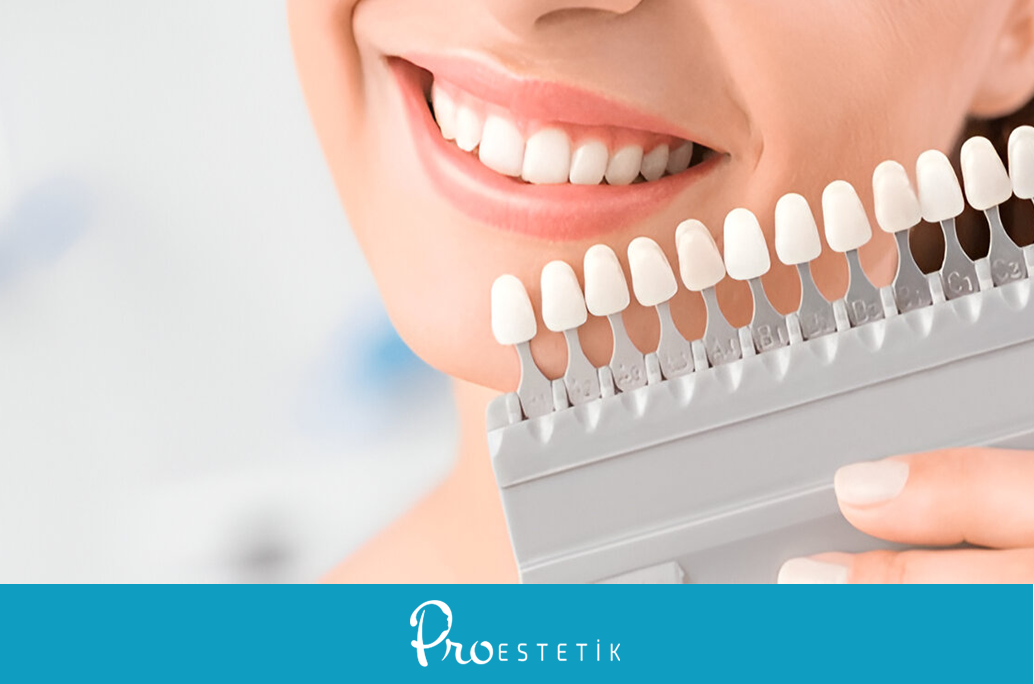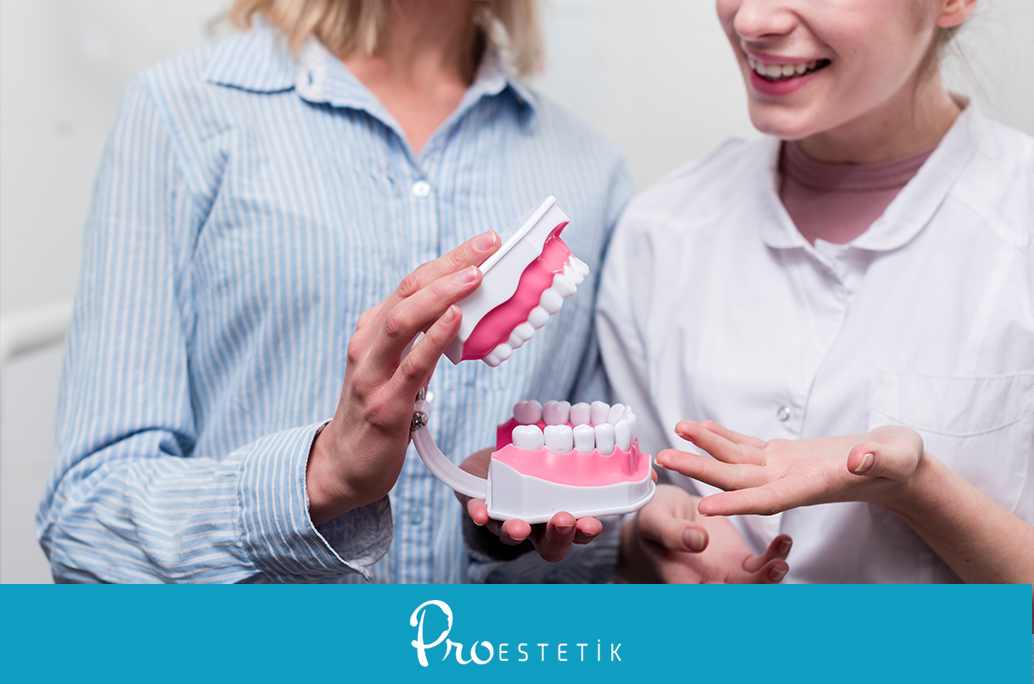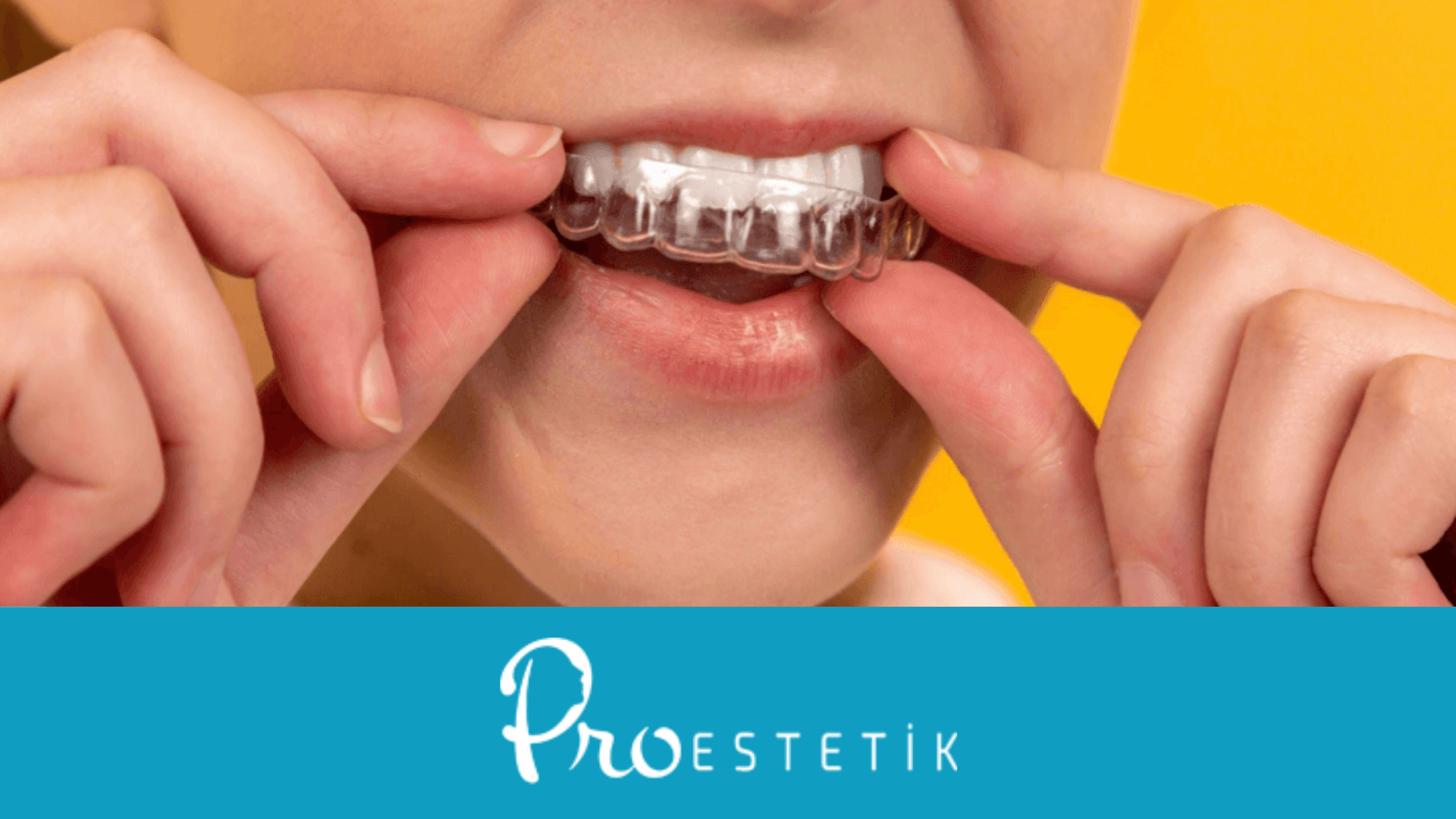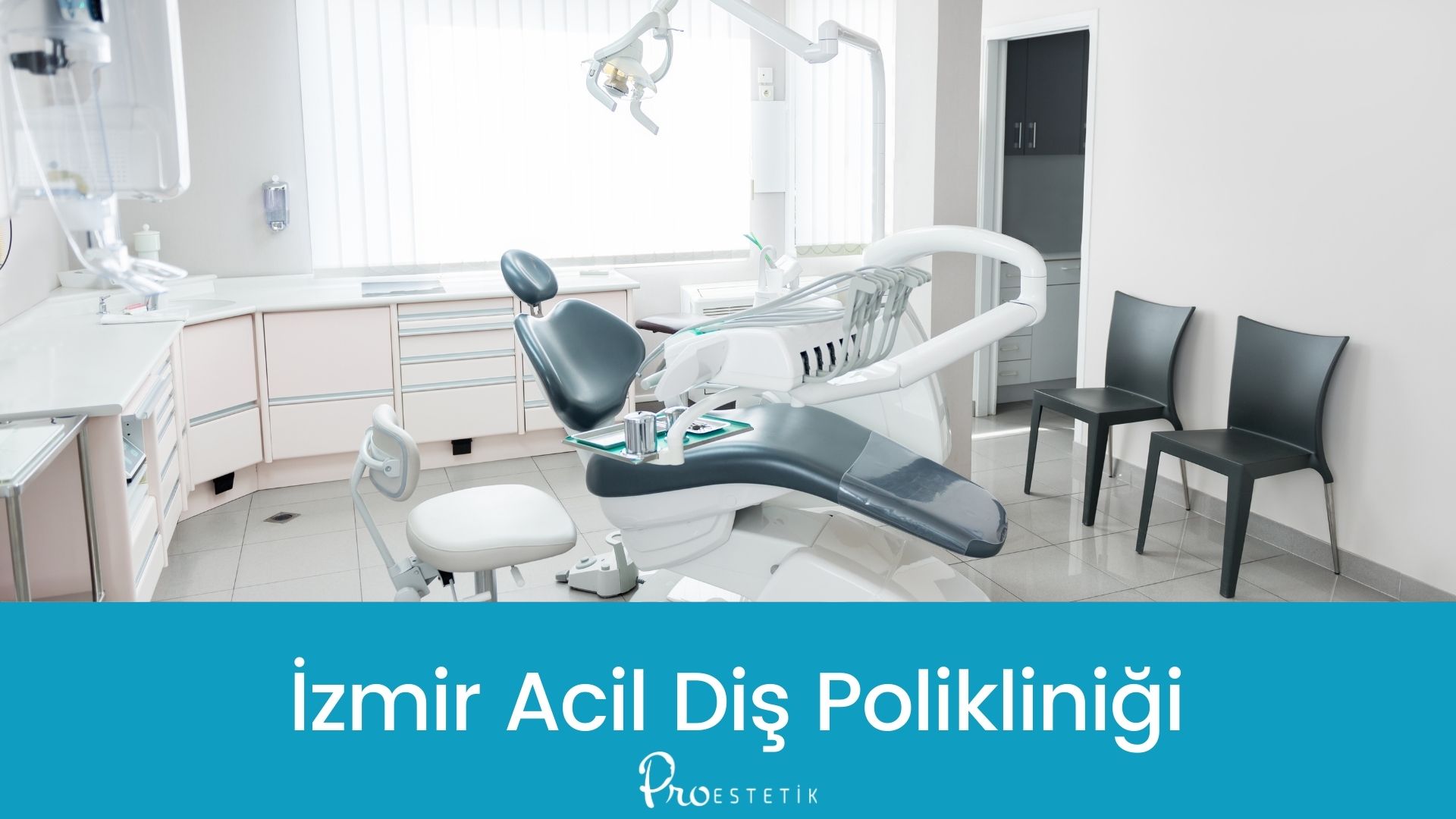Jaw dislocation is a common condition that affects the quality of life. In this situation, people may panic, fail to understand what is happening, or may take incorrect actions.
Knowing how to identify a jaw dislocation helps you stay calm and act consciously. We have explained the symptoms of jaw dislocation and what should be done!
Jaw Dislocation
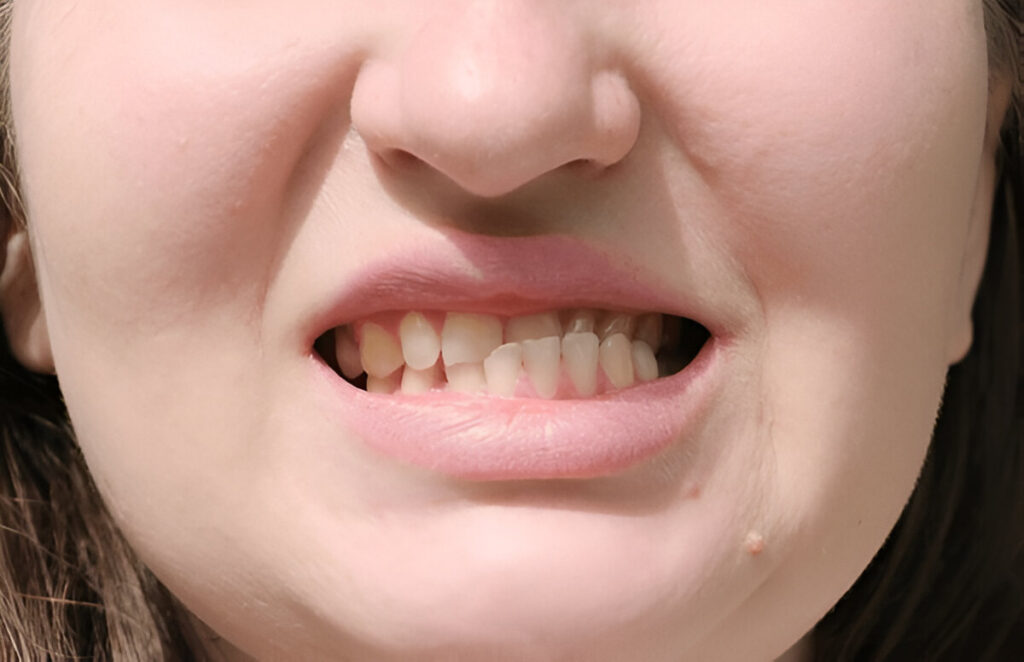
Jaw dislocation may occur when the joint moves forward during mouth opening. Some people may experience this problem without any apparent reason.
If a person's jaw joints are sensitive, this issue may occur during yawning or due to trauma. A joint sound may be heard in individuals with jaw dislocation, and the patient may have difficulty closing their mouth. Jaw dislocation can occur unilaterally or bilaterally.
If the jaw muscles and bone are excessively tense, this condition may occur more frequently. Those who have experienced this issue before are at a higher risk of it happening again. Pain may occur during a jaw dislocation. Asymmetry in the face may be observed as a result of the dislocation.
For those who want to know how to identify a jaw dislocation, we have listed the symptoms!
How to Identify a Jaw Dislocation?
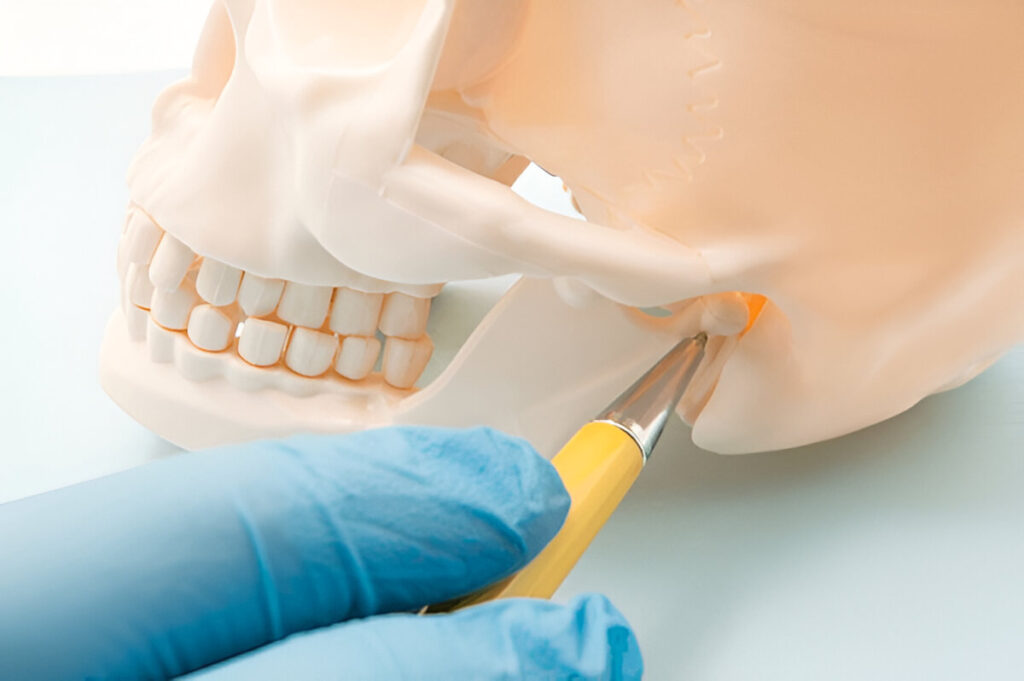
Jaw dislocation can occur as a result of different situations. Especially in individuals with sensitive jaw muscles, even a minor trauma, opening the mouth more than usual, or eating hard food may cause it.
Knowing the symptoms when facing a jaw dislocation allows for more conscious action. Let's list how to identify a jaw dislocation!
Symptoms of Jaw Dislocation:
• Pain and pressure in the jaw area,
• Sharp pain during sudden jaw movements, and the continuation of this pain,
• Inability to fully close the mouth,
• Excessive salivation,
• Difficulty speaking,
• Sound from the jaw,
• Ear congestion,
• Stiffness in the jaw area,
• Facial asymmetry,
• Difficulty moving the jaw,
• Pain in the ear and surrounding areas,
The above symptoms may be observed in cases of jaw problems. Other symptoms may also occur. To make a more accurate diagnosis, you should consult a dentist.
Unilateral and Bilateral Jaw Dislocation
Jaw dislocation can occur in both joints or in just one. When dislocation is unilateral, pain may be felt only in that joint. An asymmetric appearance appears on the face. Unilateral jaw dislocation can be treated more easily.
Bilateral jaw dislocation occurs when the joint dislocates in both sides. Severe pain is felt on both sides of the jaw. Difficulty in closing the mouth may occur. When both joints are affected, treatment can be more complex and difficult.
In both cases, you should visit the dentist as soon as possible. If left untreated, long-term joint damage, as well as speech and chewing disorders, may occur.
What Causes Jaw Dislocation?
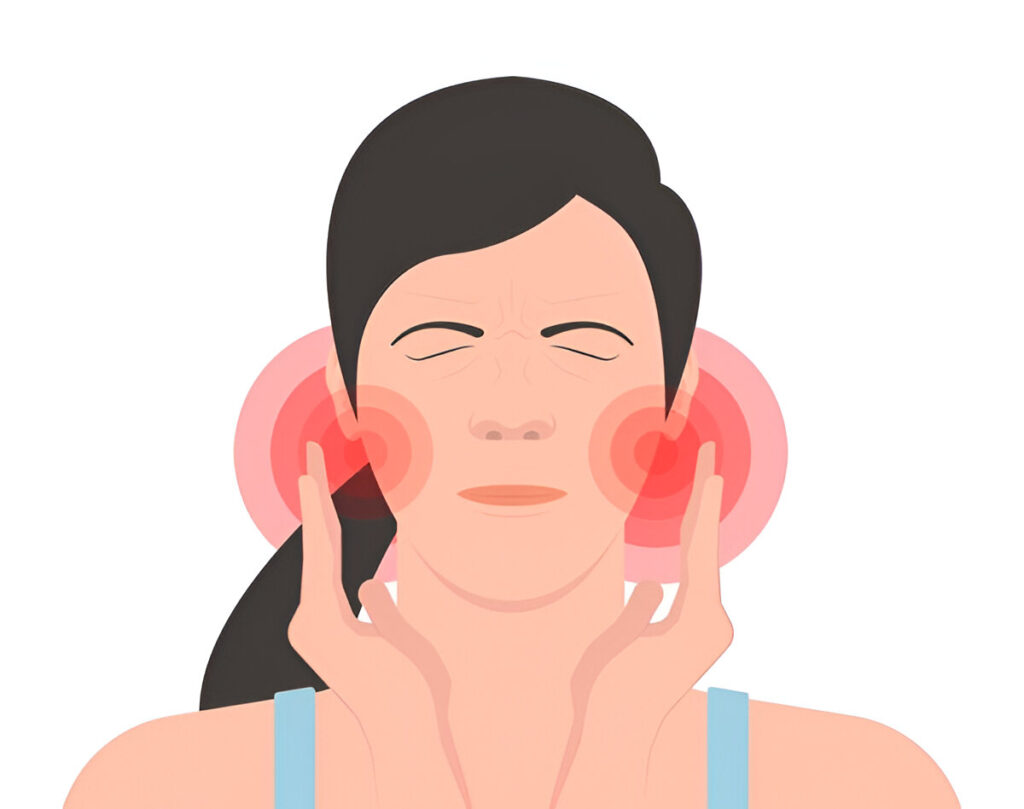
Jaw dislocation is a condition that occurs frequently in some individuals. Particularly, once the jaw has dislocated, this issue may frequently occur.
Here are the possible causes of jaw dislocation:
Causes of Jaw Dislocation:
• Sudden excessive opening of the mouth while yawning, laughing, or eating,
• Blows to the face and jaw,
• Genetic weakness of the jaw joints,
• Teeth grinding or clenching,
• Gum problems and other oral issues,
• Excessive tension on the muscles during vomiting, causing the joint to move out of place,
In addition to these causes, other issues may also lead to jaw dislocation. In some cases, the exact cause of the dislocation may be unclear.
Treatment for Jaw Dislocation
Jaw dislocation is a serious issue. When this happens, you should go directly to the dentist. Attempting to handle the jaw yourself, trying to move it, or seeking help from someone who is not an expert may worsen the situation.
If you face such an issue, you should consult a jaw surgeon. You can first visit a general dentist, who will examine the jaw and perform the necessary tests to understand the situation. Then, the dentist will direct you to the appropriate specialist.
Afterward, the jaw is reset. Extra care is taken to avoid damage to the nerves, tissues, or joints in the area. The treatment may vary depending on the problem with the jaw.
Does Jaw Dislocation Recur?
After the treatment of jaw dislocation, patients need to be careful for a while. This condition can recur quickly if proper precautions are not taken. In the early stages, the patient’s attention to post-treatment care directly affects the recurrence.
Precautions After Jaw Dislocation Treatment
After the treatment for jaw dislocation, it is important for the patient to follow the doctor's recommendations. This helps speed up the healing process and reduces the chance of recurrence.
Here are the things to pay attention to after jaw dislocation treatment:
• It is recommended to avoid hard foods during the recovery period. Soft foods are ideal as they will not strain the jaw.
• Jaw movement can be limited using protective devices for the jaw. Use these as recommended by your dentist.
• When yawning and eating, it is advised to open and close the jaw in a controlled manner.
• You can apply cold compresses carefully to reduce swelling and pain.
• If you feel pain or tension in your jaw, a warm towel or heating pad can help relax the muscles.
• If you have teeth grinding issues, using a dental guard can prevent excessive pressure on the jaw.
• Stress can cause tension in your body and jaw. Avoiding stress may help during this process.
• It is advised to avoid intense exercises during the recovery period.
These recommendations are based on patient observations and doctors' advice. For a healthy recovery process, do not neglect regular doctor check-ups!
If you have severe pain in your jaw joint, you can also check out our article titled "What Causes Jaw Joint Pain?" for more information!
Contact Us!
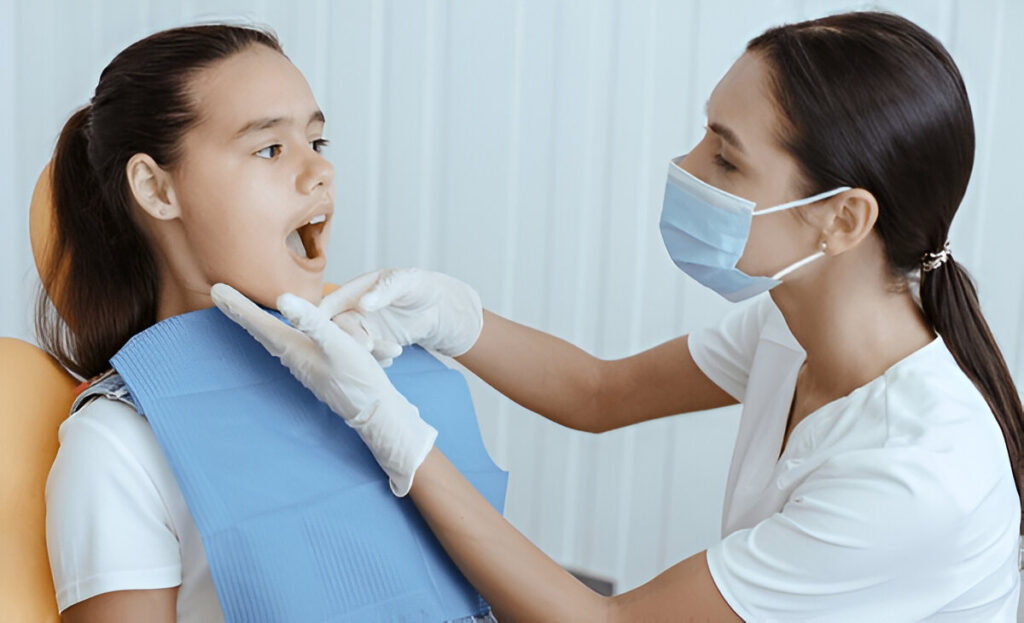
Jaw problems can lead to long-term, permanent consequences. Therefore, they should not be neglected. We have explained in detail how to identify jaw dislocation and listed what should be done in such a situation. You can contact us for any other inquiries.
For information about treatments and to benefit from our services, please visit our page!

 English
English Turkish
Turkish Deutsch
Deutsch العربية
العربية![[:en]How to Identify a Jaw Dislocation? Unilateral or Bilateral Dislocations![:tr]Çene Çıkığı Nasıl Anlaşılır? Tek veya Çift Taraflı Çıkıklar![:de]Wie erkennt man eine Kieferausrenkung? Einseitige oder beidseitige Ausrenkungen![:ar]كيف يمكن التعرف على خلع الفك؟ الخلع الأحادي والثنائي![:] Çene Çıkığı Nasıl Anlaşılır?](https://proestetik.com.tr/wp-content/uploads/2024/12/cene-cikigi-nasil-anlasilir.png)




